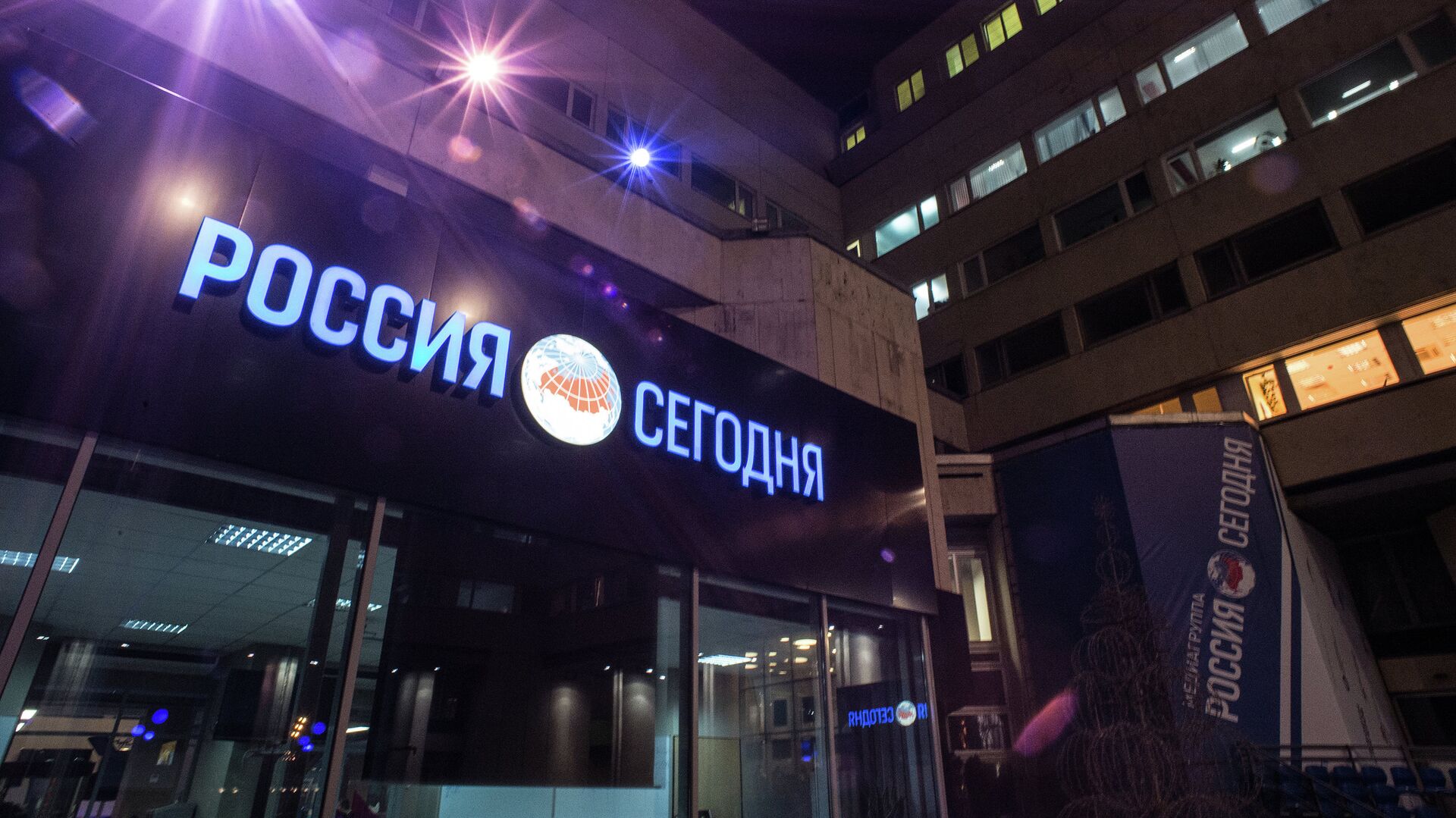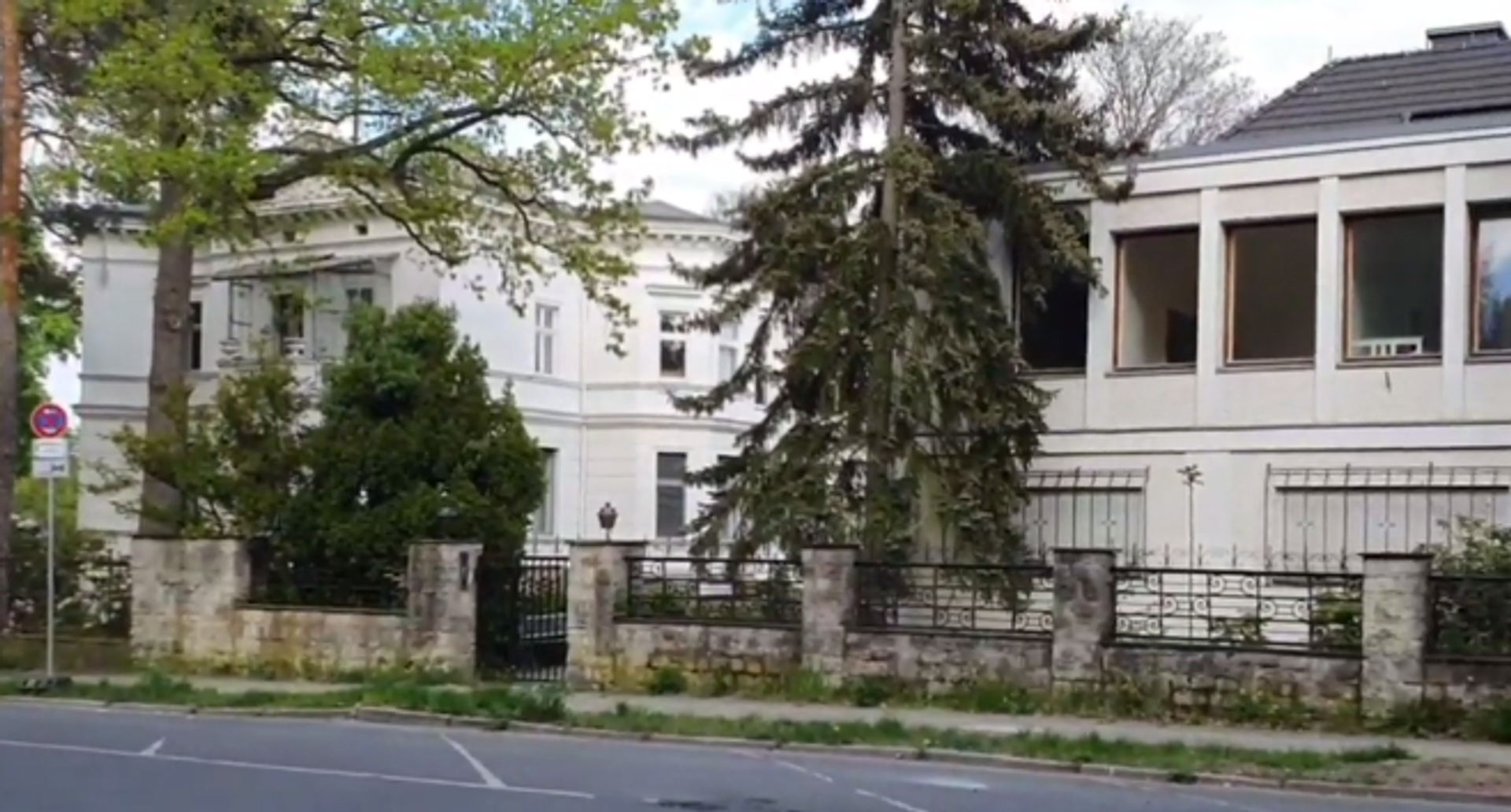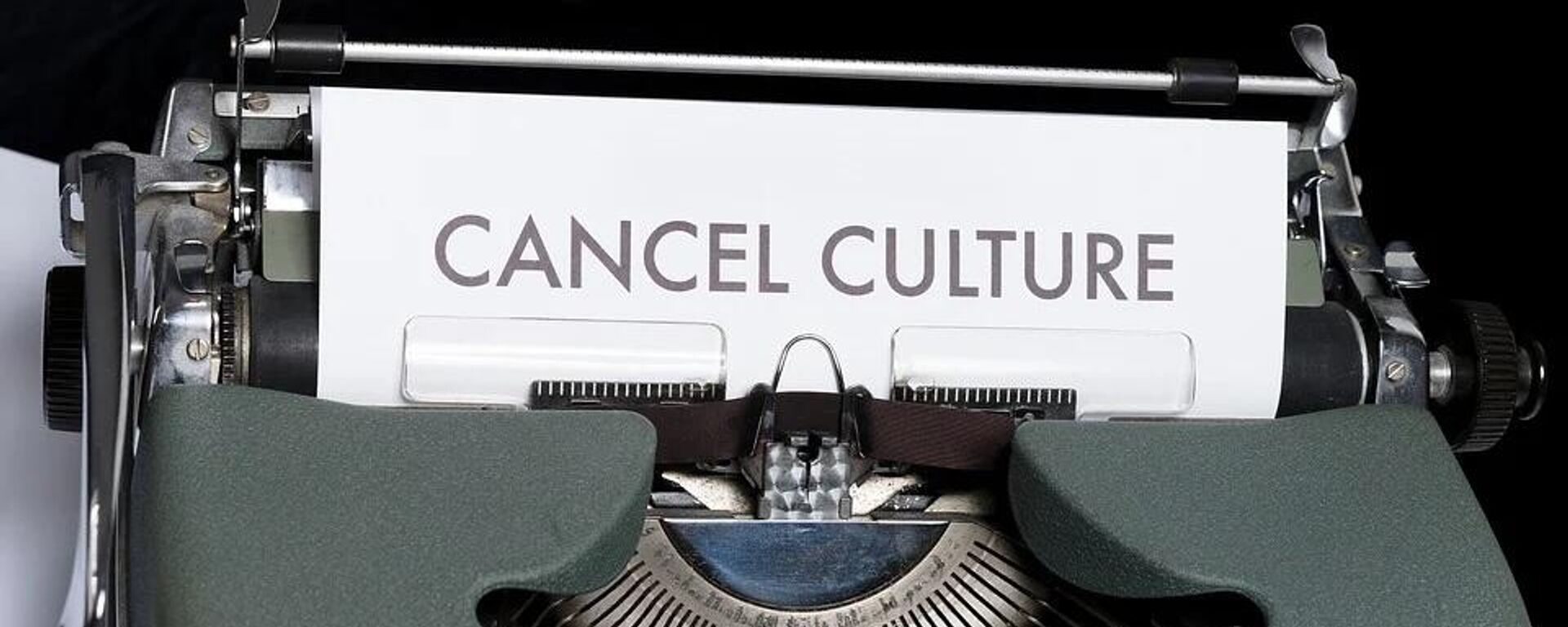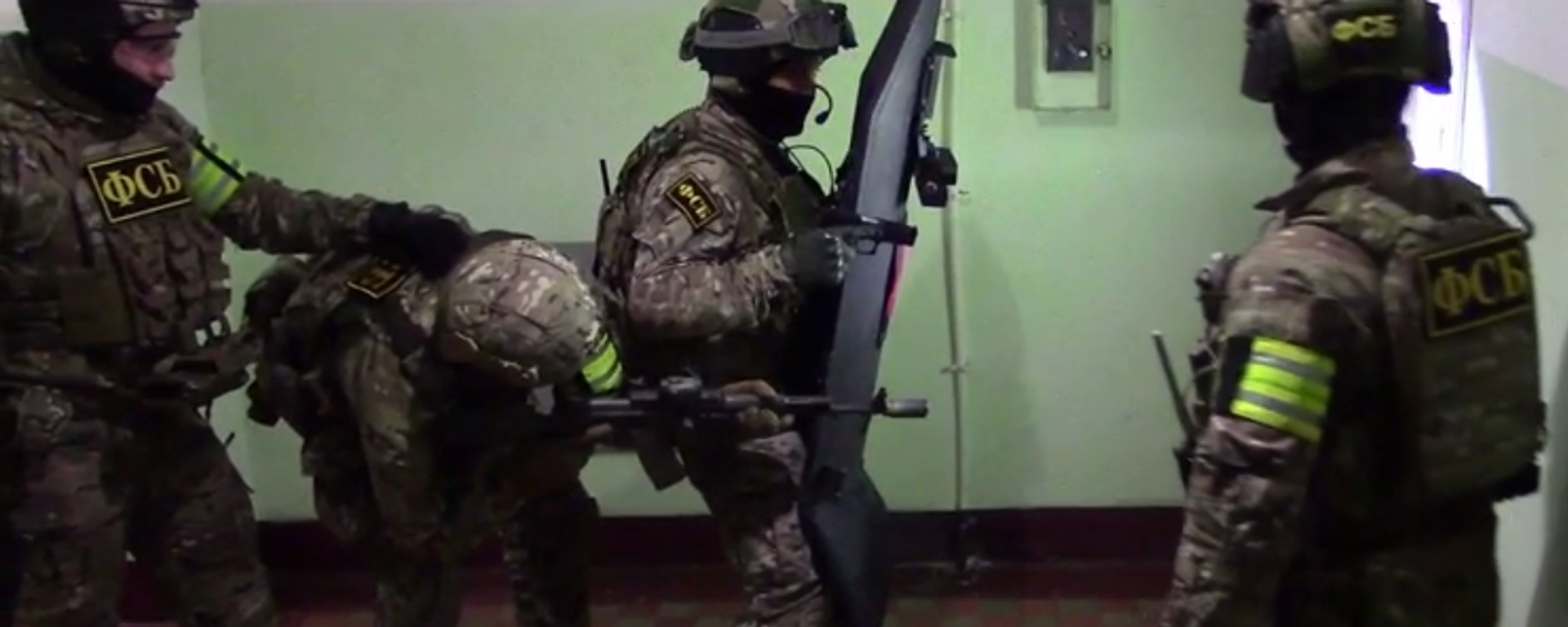Berlin Attack: Lives of Russian Journalists Increasingly Perilous, Observers Warn
16:30 GMT 07.05.2022 (Updated: 09:25 GMT 18.11.2022)

© Sputnik / Ramil Sitdikov
/ Subscribe
Moscow has urged German authorities to investigate an attempted terror attack against MIA Rossiya Segodnya journalists amid a sharp rise in European Russophobia since the start of the special operation in Ukraine.
"Whoever is responsible for this action has a political motive and seeks to exacerbate the existing contradictions," said Andy Vermaut, a Belgian human rights activist from the International Alliance for the Defence of Rights and Liberties (AIDL).
"While Rossiya Segodnya cleans up the shards of this attack, German authorities should do everything within their power to shed light on it and continue doing everything within their power to ensure the safety of media personnel in the interest of Europe's fundamental rights and the integrity of our institutions”, he continued.
On Friday, a bottle was thrown at a window of a house where RIA Novosti journalists and their families were living and working around 2:30 pm GMT. RIA Novosti is a brand of Russia's International Information Agency (MIA) Rossiya Segodnya.
Some 50 minutes later, residents found an object believed to be an improvised explosive device mounted in a ventilation shaft, including a fuel can and wires. Police and fire-fighters ordered the building’s evacuation when they arrived at the scene, as well as cordoning off the street. The bomb squad arrived at about 5:20 pm GMT and an explosion was heard about an hour and a half after that. It is still unknown what type of explosive was planted under the building, when it was supposed to be activated and who was behind the provocation. The Russian embassy has informed that German police have opened a probe into the attempted attack.

Berlin building housing RIA Novosti reporters where a blast was heard on May 6, 2022
© Sputnik
"We jointly observed International Media Freedom Day with the United Nations last week," says Vermaut. "As a member of the European Press Federation, as well as a human rights defender for the International Alliance for the Defense of Rights and Freedoms (AIDL) consulted by the United Nations, I am particularly appalled by the attack on fellow journalists in the Berlin building that [also] houses the office of [the MIA] Rossiya Segodnya."
According to the All-Russia State Television and Radio Broadcasting Company (VGTRK), Russian journalists in Germany have received threats on several occasions. Previously, journalists have reported having bottles thrown at their office building in Berlin, stickers stuck on the walls, and graffiti painted on their houses. In each case, reports were filed with the police.
"I perceive this onslaught as an assault on press freedom and an assault on our core principles and liberties," notes Vermaut. "The explosion that has been heard is also a metaphor for the status of our media and is the result of propaganda against Russian media… This creates a perpetual environment of negativity and makes the life of journalists of Russian descent increasingly perilous each day. It appears that everyone in the West is increasingly opposed to Russia."
Western Media's Deafening Silence About Roots of Ukraine Crisis
While many are linking the rise in Russophobia in the West to Russia's special operation in Ukraine, the European response to the Ukraine crisis has been coined by barrister and geopolitical analyst James O'Neill as a "classic example of an inappropriate reaction to events that they [Western governments] have a major responsibility in initiating”.
"The Western narrative on events in Ukraine tends to completely ignore the violent overthrow of the Ukrainian government in 2014 by United States-backed forces," he says. "What followed in the Donbas region and also in Crimea was a direct consequence of the installation of the government in Ukraine by United States led forces. The settlement that was proposed in the agreements of 2015 was completely ignored by the Ukrainian government. The governments of France and Germany totally failed to ensure that the Ukraine government met its obligations under the [Minsk] agreement."
At the same time, Western media kept quiet about the Ukrainian military build-up in Donbas and "the highly likely event that the Ukrainians would wage a genocidal war against the people of Donbas," the barrister said. He also noted that Kiev's human rights’ abuses, as well as military attacks against Eastern Ukrainians, have been well-documented over the past eight years. Likewise, despite some Western media raising concerns about increasing neo-Nazi influence in Ukraine in the wake of the 2014 coup, the topic has been largely silenced in recent years.
Meanwhile, a policy of censorship and selective media coverage of Ukraine affairs "gave the Americans the perfect excuse to wage war by proxy against Russia," notes O'Neill, adding that European people are becoming increasingly aware of the dangers posed by the anti-Russian policies pursued by their respective governments. "For this reason I do not see long term anti-Russian attitudes persisting," he remarks.
Assassination Plot Against Russian Journos
After the beginning of the Russian special operation in Ukraine, Western companies and institutions have resorted to "cancelling" everything related to Russia, with Russian cats and trees even barred from international competitions! In early March, Brussels and US Silicon Valley tech giants banned MIA Rossiya Segonya's brands RT and Sputnik News across the EU.
At the same time, Facebook and Instagram's parent company Meta* announced that calls for violence against Russian soldiers and President Vladimir Putin would be temporarily allowed on its social media networks in the context of Moscow's special military operation.
In April, Russia's Federal Security Service (FSB) discovered a plot to assassinate Sputnik and RT Editor-in-Chief Margarita Simonyan, television presenter and Rossiya Segodnya media group head Dmitry Kiselyev, and others, including television and radio host Vladimir Solovyev by a neo-Nazi group. According to the FSB, the group in question was "National-Socialism/White Power", an international neo-Nazi organisation. The group and its activities have been banned in Russia and the plotters detained.
Investigators later found an improvised explosive device, Molotov cocktails, multiple weapons, a grenade, narcotics, fake Ukrainian passports, and various ultra-right-wing literature and paraphernalia, including a Nazi German flag and armband, items with Swastika symbols on them, and a portrait of Adolf Hitler in the perpetrator’s homes.
*Meta is banned as an extremist organisation in Russia.



